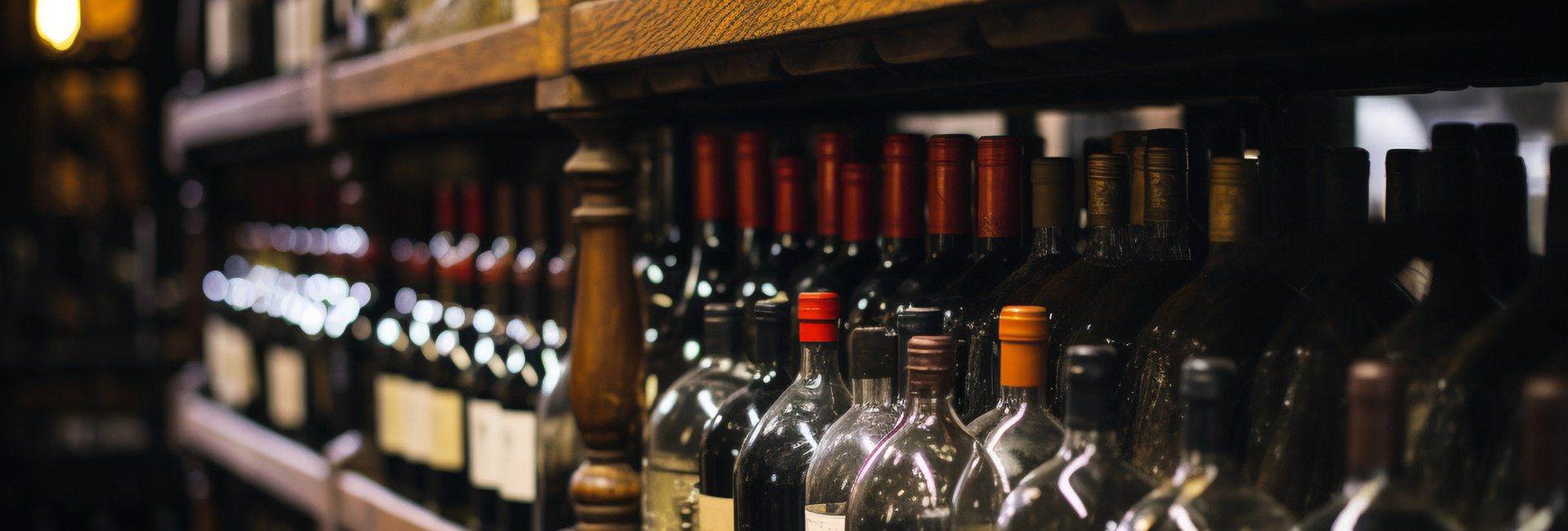Choosing the right liquid filling machine is a critical capital investment decision for any beverage producer. The correct equipment enhances efficiency, ensures product quality, and maximizes profitability. From a manufacturer'sviewpoint, here are the key factors to consider.
1. Product Characteristics: First and foremost, analyze your product. Is it still or carbonated? What is its viscosity (thin like water or thick like a smoothie)? Carbonated beverages require an isobaric (pressure) filler to prevent CO2 loss and foaming. Conversely, thin, still liquids can use a simple gravity filler, while viscous products need a pistonfiller for accuracy. Product attributes dictate the filling technology.
2. Production Volume & Speed: Clearly define your output requirements. Are you a craft brewer needing a low-speed, versatile machine for small batches, or a large water plant needing a highspeed rotary filler with dozens of valves? Calculate your required bottles per hour (BPH) to shortlist machines that match your capacity, both for our current needs and projected growth.
3. Bottle Type & Container Changeover: Consider the containers you use. Glass, PET, plastic, aluminum cans? Eachhas different handling requirements. Furthermore, if you run multiple SKUs with different bottle sizes and shapes, prioritize a filler with quick changeover systems. Minimal changeover time is crucial for maintaining efficiency in diverse production runs.
4. Automation Level & Integration: Assess your overall production line. Will the filler need to integrate with existing cleaning, capping, and labeling systems? Decide on the level of automation. A semiautomatic machine might suffice for a startup, but a fully automatic, monobloc system (integrating rinsing, filling,and capping) offers higher speed and requires less manual labor.
5. Hygiene and Construction: In beverage production, hygiene is nonnegotiable. Ensure the machine is constructed with food-grade materials, primarily 304 or 316 stainless steel, which is corrosion resistant and easy to clean.
The design should prioritize accessibility for CIP and SIP processes to meet stringent food safety standards.
6. Total Cost of Ownership (TCO) and Support: Look beyond the initial purchase price. Consider installation costs, energy consumption, maintenance needs, and part availability. Choose a reputable supplier known for reliable technical support, training, and readily available spare parts. Downtime is incredibly costly; a reliable partner is essential.
In conclusion, selecting a filler is a strategic decision. By meticulously evaluating your product, production goals, and operational needs, you can invest in a machine that becomes a reliable cornerstone of your successful beverage business for years to come.
Qingdao Dingzheng,filling machine manufacturer, offers you direct factory price and professional logistic solution.


